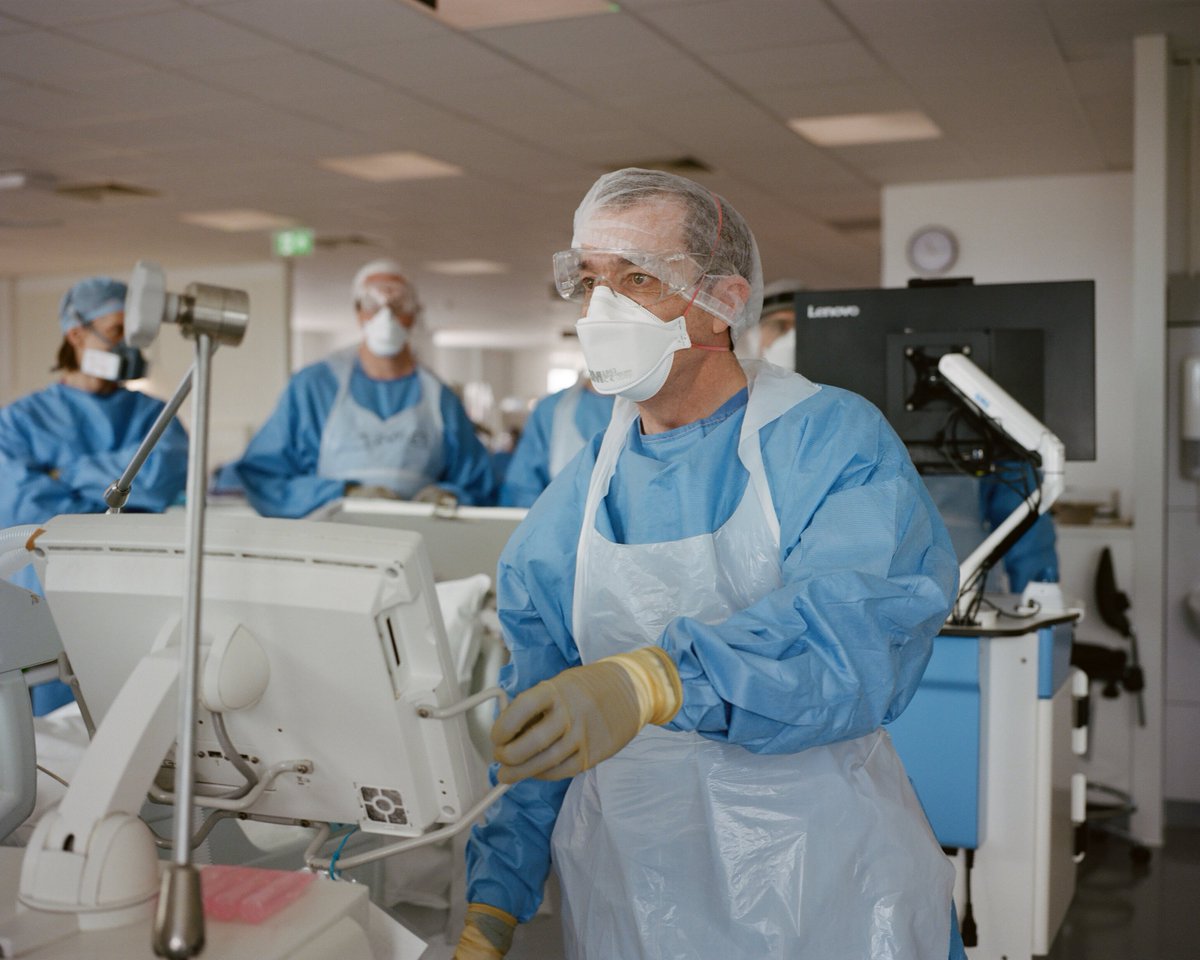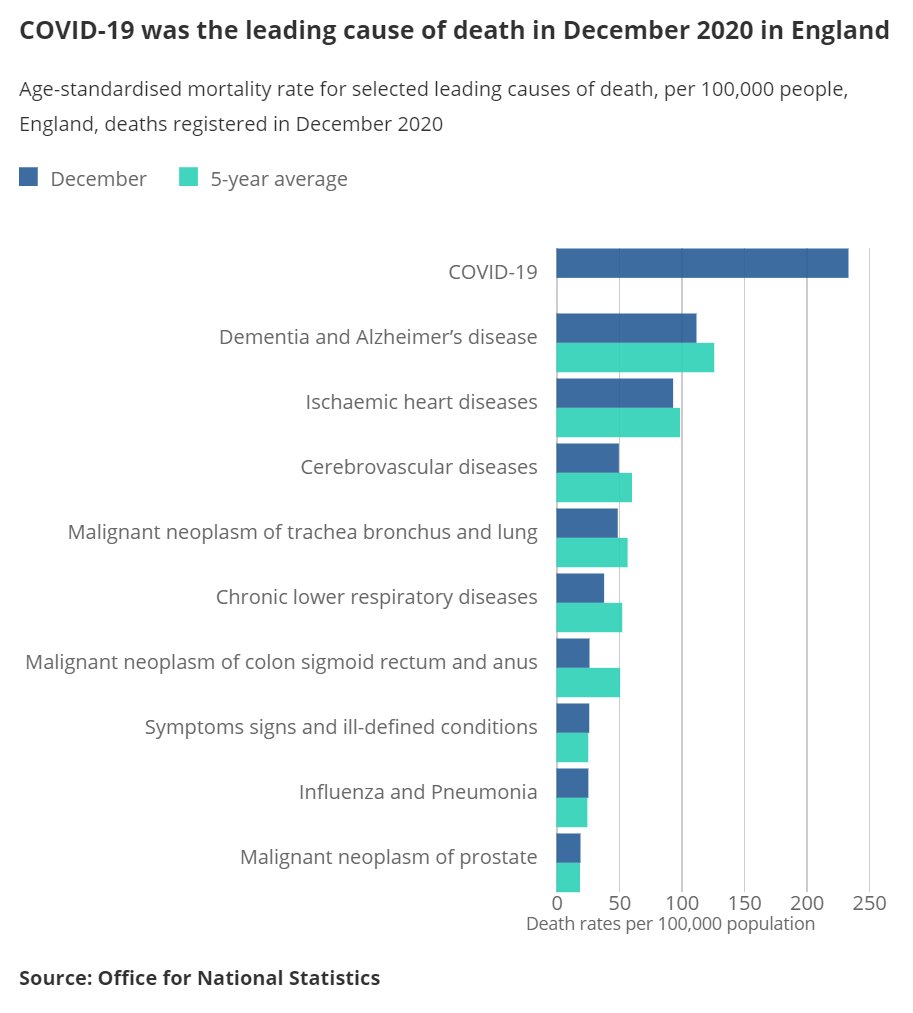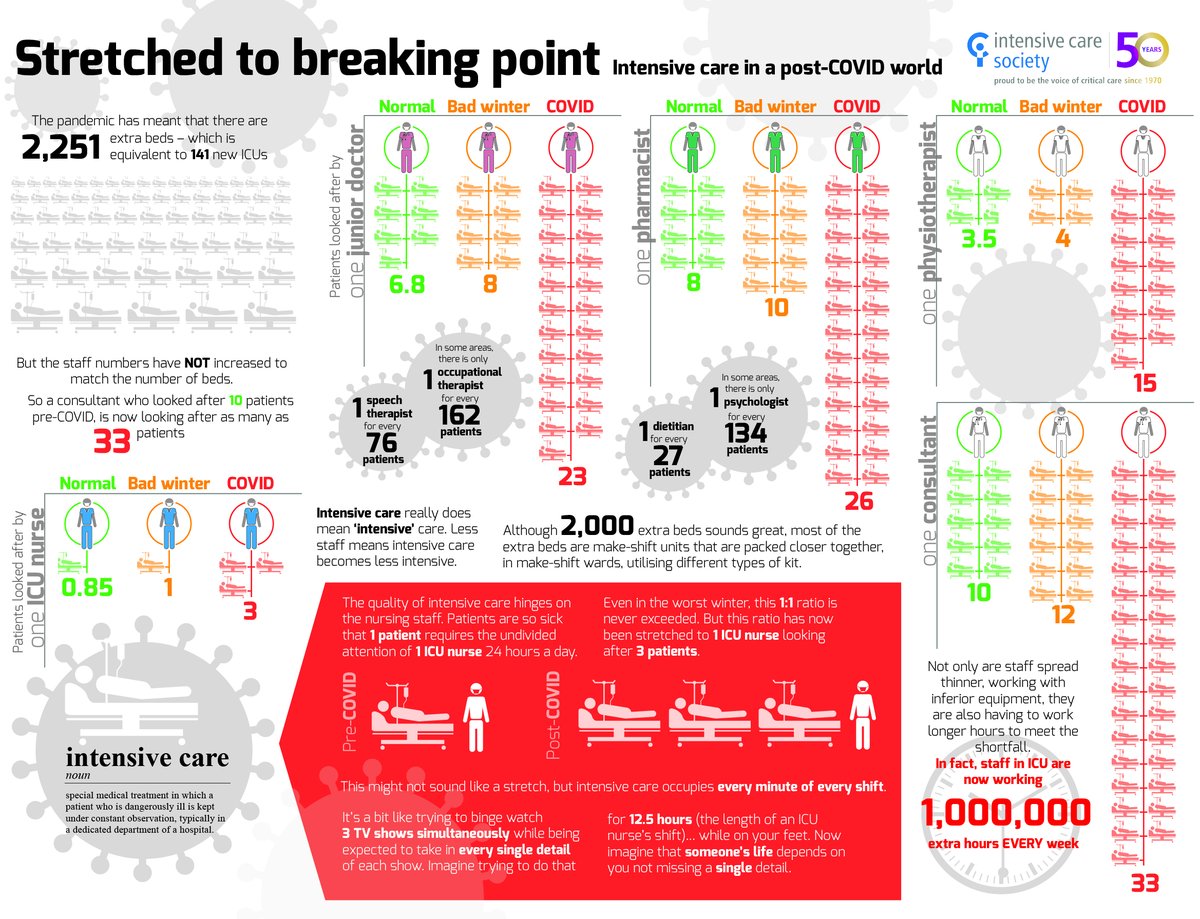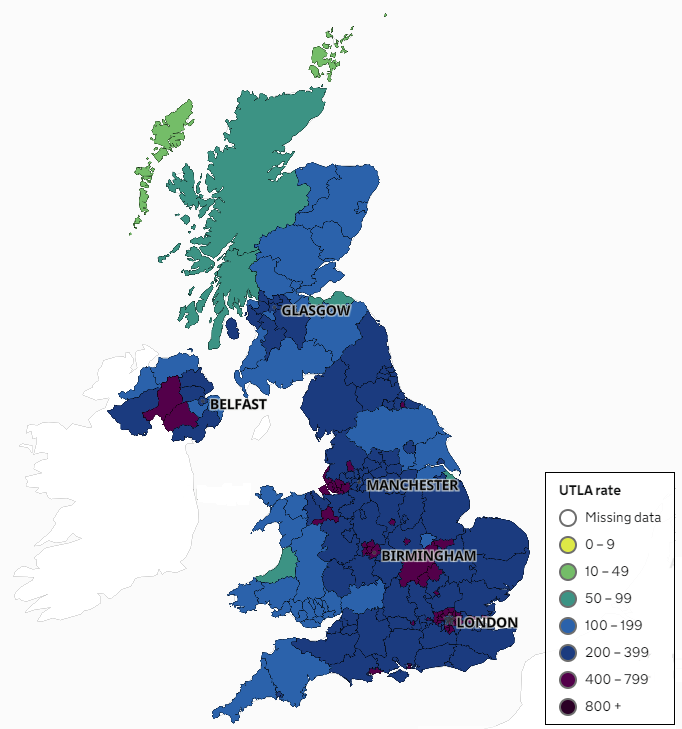
Not the first time in the past year that a non-expert has offered a simple narrative on a complex healthcare problem...
https://twitter.com/Digbylj/status/1366765988319023107
Let's gloss over the use of percentages without explanation of what they mean, and the failure to quote a data source, and look at some facts....
Firstly, many NHS staff are not clinically trained eg porters, cleaners, managers, admin staff, etc. They don't have any more reason to understand vaccination than any other members of the public.
Many of these non-clinical NHS staff have low paid jobs, live in relatively deprived communities, and come from minority ethnic groups. All factors associated with vaccine hesitancy.
It is well understood that the most effective way to promote widespread vaccination is through education and role models, not legislation and rules. The govt have made this clear in recent weeks.
Not all NHS staff work in high-risk environments where staff vaccination is important for patients. GP, mental health & out-patient staff are unlikely to be at more risk of COVID contact than a public transport worker. Compulsory vaccination of these staff makes even less sense.
Not everyone can have a vaccine. Pregnant women and certain health conditions can affect vaccine eligibility.
As a doctor, I believe strongly in vaccination as our best hope to protect ourselves, our patients, and society. I accept my responsibility as a role model but for some staff this decision is not a simple one. #DocsForVax
Comments such as that made by @Digbylj seem to represent a minority in society that see NHS staff as robots, not human beings. The argument is disingenuous and masks a frustration with the current very high levels of public regard for NHS staff. It is not worthy of our respect.
• • •
Missing some Tweet in this thread? You can try to
force a refresh













